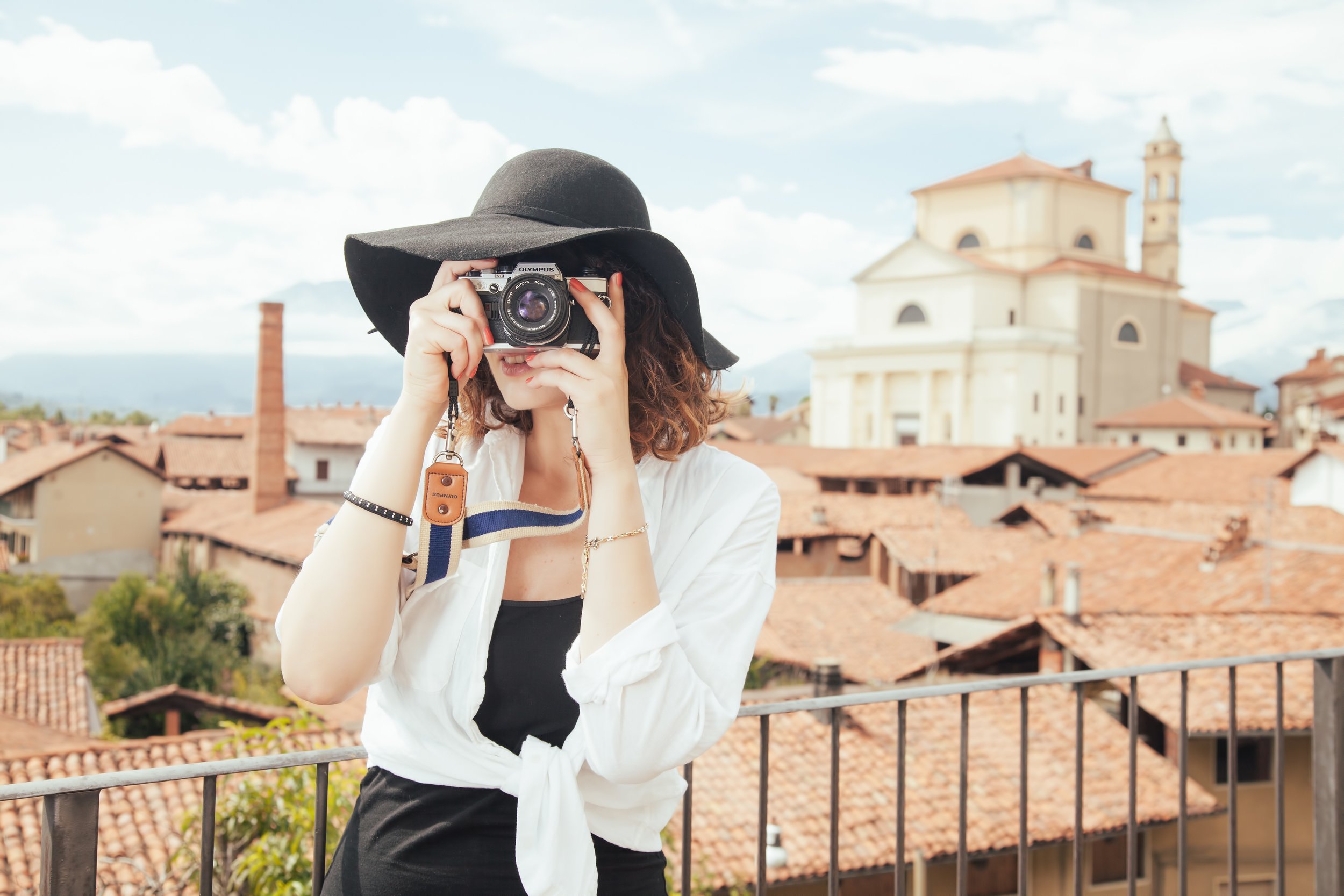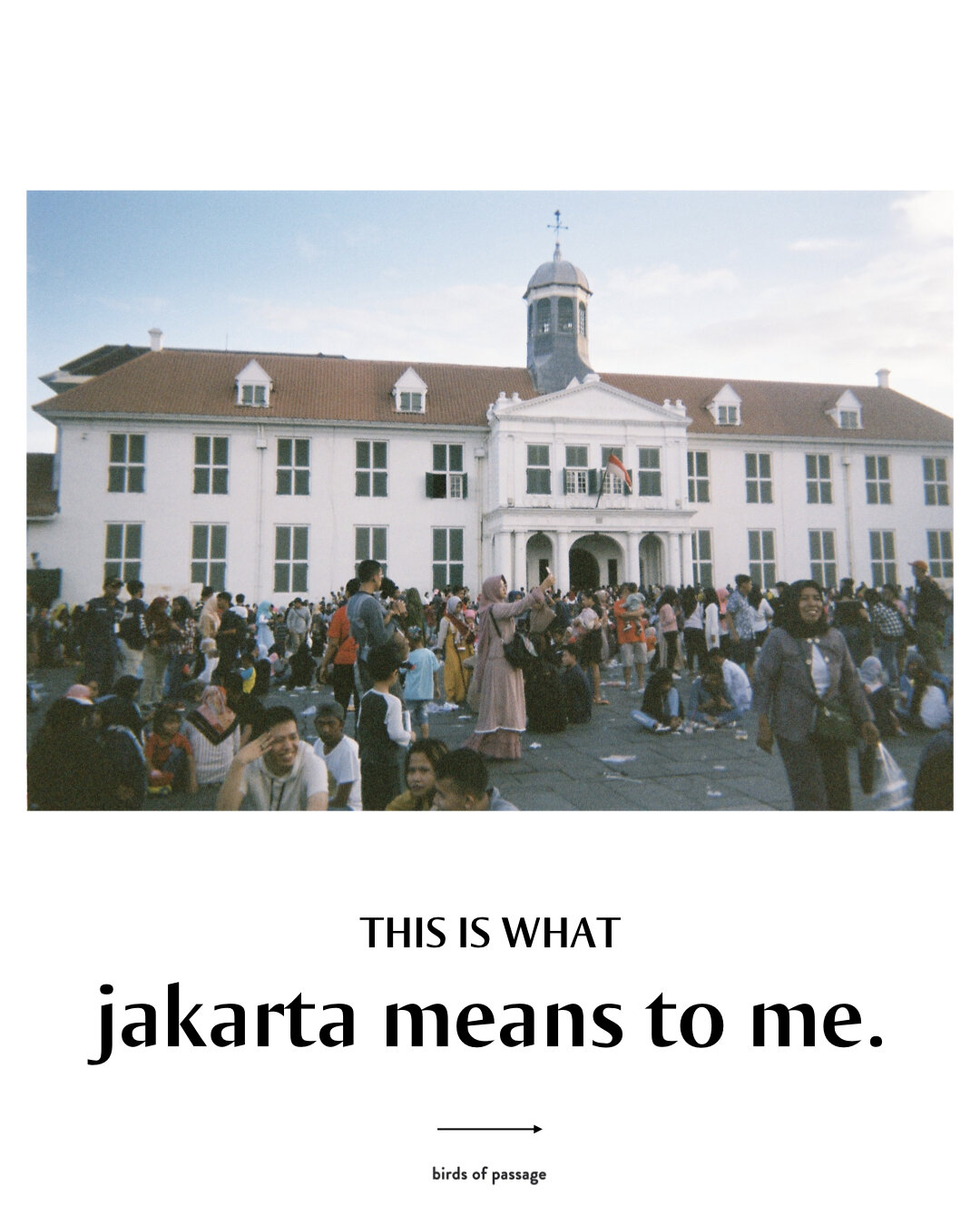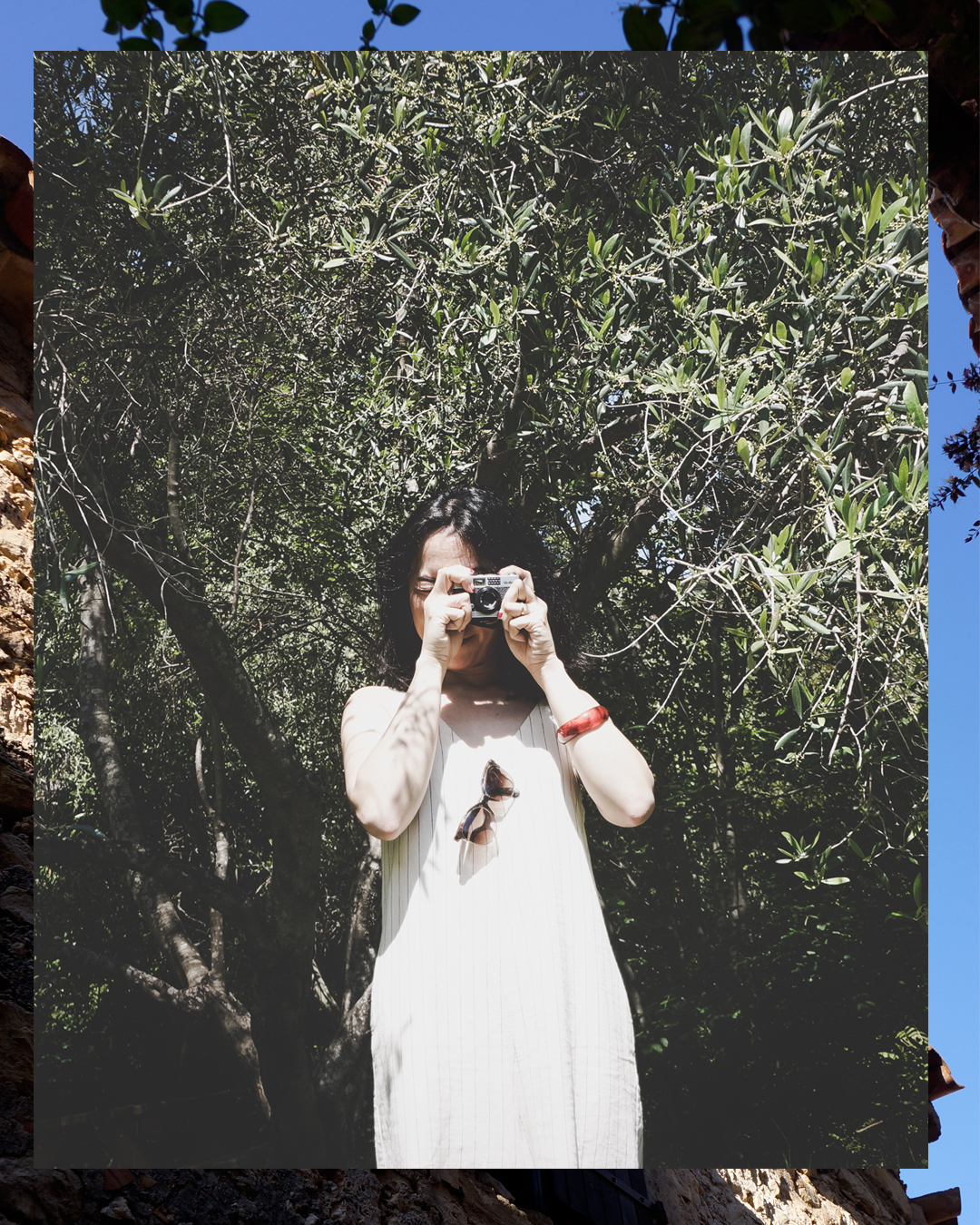A Traveler’s Guide: How to NOT Get Your Stuff Stolen
When I was younger, I remember my father panicking on the phone after hearing that my mother had her wallet: which includes her credit cards and several hundred euros pickpocketed in the busy streets of Milan. It’s also nearly impossible for you to never hear a story of a friend or a friend of a friend getting their valuables stolen in busy streets while traveling.
Read on for helpful tips to avoid one of the worst things to happen to you when you travel, including ones you probably didn’t think of:
1.
Only carry necessities, and leave the rest at where you’re staying
That means only bringing enough cash for the day (which also helps in budgeting!) and leaving the rest and your travel documents in your place of stay. The probability of getting your belongings stolen is low, even at a hostel due to the Backpacker Code. Nobody wants the bad karma of getting their stuff stolen, so they don’t steal from others. Hostels offer lockers, so bring a lock to keep it safe. I usually just use the luggage lock that I had with me anyway.
If you don’t feel like your place of stay is that safe (I’ve heard horror stories of friends getting their cash, passports, and wallets stolen while they were asleep in a private villa in Bali), you may bring them along with you. Don’t put them in your back pocket or a hand bag without a zipper. My mother learnt her lesson and used a money pouch like this, and I’ve adopted the same habit. The pouch is slim enough to wear underneath your shirt so it doesn’t ruin your outfit and ill-intentioned people would less likely think of taking it from under your shirt. It’s too much hassle.
Getting money stolen is terrible, but nothing’s worst than losing your travel documents since you’d have to mess up your travel plans and stressfully sort that in the embassy. Aside from keeping it safely as explained above, go crazy in backing up files. Have a copy in a thumb drive, in a cloud drive, and hard copies in your wallet and/or your bag. It’s not a lot of work, but if anything terrible happens, you’d pat yourself in the back for being ready.
Speaking of documents, try as much as possible to back up your photos. I do this at least daily or in every city because it’s heartbreaking to lose priceless photos!
2.
Don’t make yourself a target
Thieves and pickpockets are opportunists, so don’t give them the chance to win big. The things listed below sound obvious but you’d be surprised at how few people follow this rule:
Leave your sentimental and/or expensive jewelry at home
Don’t walk around with Google Maps too obviously, or worse: open up a large folded map. This is the equivalent to a big neon sign proclaiming that you’re a tourist, and therefore a prime target. I’m bad with directions and need Google Maps with me at all times, but if I’m in an unsafe area, I try as much as possible to memorise at least a few directions I have to take, and whenever I need to see the map I’ll stop and try not to be too obvious that I’m looking at a map
Whenever possible, put your phone in your pocket with your hand on it and your camera in your bag, for the same reason as the previous point
Know where the ‘dodgy’ areas are. Crowded tourist attractions are pretty much hunting grounds, but on the other hand also try to avoid narrow, dark, and quiet alleyways and corners.
3.
So you’ve gotten your stuff stolen, what do you do?
Not long ago I was in Baux-de-Provence, not far from Marseille, a city known for criminal activity in France. The area felt very safe as there were only local tourists, it was in the middle of the day, and no one suspicious lurking around. My friend told me to leave my big tote bag in the car (never do this!), and when we got back, the car was unlocked and my friend’s tablet, the cash in my wallet and my power bank was stolen. I was extremely lucky since the thieves were ‘kind’ enough not to steal my ID and bank card, and didn’t take my watch that has a lot of sentimental value.
The first step is give yourself a few minutes to stress and panic, but then recollect yourself. I comforted myself that it could have been worse, since cash could be regained in the future, but thankfully my camera, bank card, and such weren’t stolen.
Then quickly take these next steps:
If you lost your travel documents (i.e. your passport):
Collect all your documents: digital and physical copies of your passport, other forms of ID (like a driver’s license), your itinerary, tickets, and a passport photo (you could go to one of those visa photo booths if you don’t have one with you)
If you’re not going out of the country soon, file a police report
Go to your country’s Embassy or Consulate. You would have to pay a fee to have your passport replaced, which would take a few weeks, and you would receive an emergency or limited validity passport
You can read a more detailed guide here. Check out your Embassy’s page to learn more.
If you’ve had your wallet stolen
Quickly call your bank to deactivate your card to minimise losses. Some banks have apps that make this reporting much more convenient and less stressful.
In general: report it to the police.
Yes it could be draining to talk to the local police and file a report, but you’ll needed for your insurance. It’s also important that the police become more aware and to prevent the same terrible situation happening to more people.
4.
Don’t let this ruin your trip
Does it suck to lose your belongings, go through extra administrative hassle, and feel that panic and stress that makes you feel like blood is drained from your body? Yes.
Logically speaking, there’s no point in wasting your precious time getting all worked up over something that has happened, and stressing out wont change the circumstance. Yet, we’re all humans here and we have to allow ourselves the moment of sheer panic to let the pressure valve loosen a bit.
You don’t want your takeaway from this trip as that time you’ve gotten your stuff stolen, because this trip alone is already expensive enough to ruin it with that. Breathe, take your next steps, and resume back to enjoy your adventure.
Words by Nadia Pritta Wibisono














A discussion on the slightly darker side of ‘needing to go’ paired with Stevie Smith’s She got up and went away poem.
There’s a few things I say over and over again when it comes to travel, and you might have heard them all before, quietly making its way in to the paragraphs of a range of articles and musings here. The one I’ve said most often is along the lines of “immersing yourself in a new city like a local”. But the one I’ve repeated, maybe here, maybe in my journal, and maybe in my many attempts of explaining why I travel to my loved ones is this: Travel is my reset button.